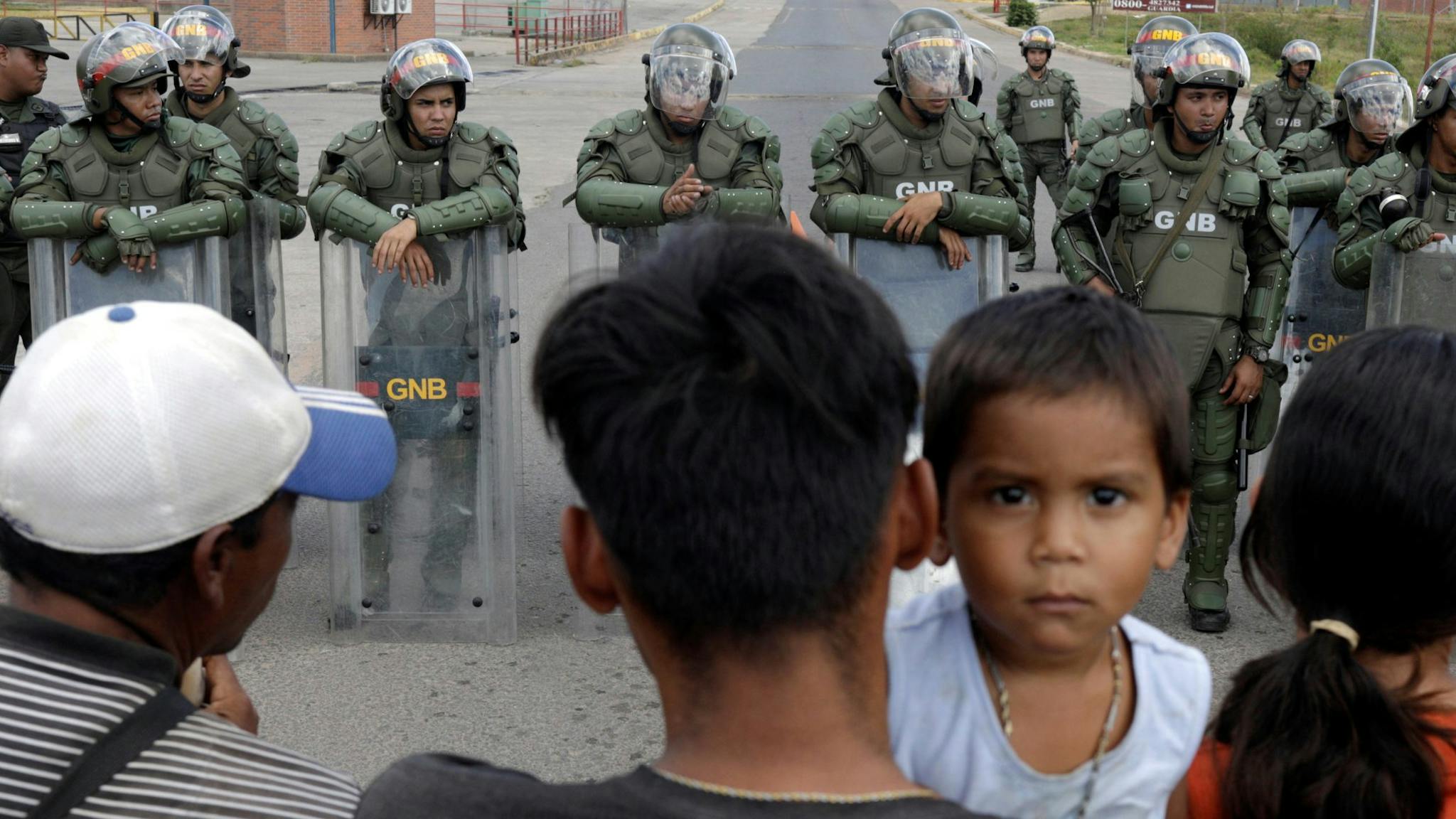
Project Frontline
Improving humanitarian access is a key priority to reach those most in need
Nearly 300 million people around the world will need humanitarian assistance in the coming year. But critical aid is blocked in places like Sudan, Myanmar and Gaza. Conflict parties interfere, delivering aid to one side, but not the other. As a result, people in need are left without humanitarian assistance.

What is humanitarian access?
During a crisis, it is essential that humanitarian actors can reach people in need and that they can access humanitarian assistance and services.
It is a fundamental condition for delivering humanitarian aid. Without access, humanitarian assistance would be impossible. Communities would not be able to receive the help to survive and recover.

What are the challenges?
Humanitarian access is increasingly under threat, making it harder to reach those who need help the most. Millions of people remain in hard-to-reach areas, often unable to receive the assistance they need.
Challenges are escalating due to the rise of non-state armed groups, deliberate restrictions by conflict parties, and the selective application of international humanitarian law. Geopolitical shifts also complicate access. Counterterrorism legislation and unclear humanitarian exemptions in sanctions make it riskier and more expensive to provide aid.
Bureaucratic hurdles, lengthy approval processes, and the increasing targeting of aid workers also delay the response.
Why we focus on improving humanitarian access
The delivery of aid to hard-to-reach populations and locations is a priority for us. We aim to focus on those often outside the reach of NGO’s that have lower risk appetite. Therefore, investing in humanitarian access is essential and central to our multiyear strategy.
That is why we initiated Project Frontline in 2020, an initiative that aims to improve and sustain humanitarian access. The project is designed to ensure that people in need can access critical services and to enable our local partners and international partners, Intersos and IRC, to reach the most vulnerable populations effectively.
Project Frontline is a partnership between the Netherlands Refugee Foundation, Intersos and IRC. Driven by a team of experts who work closely with field teams to overcome access barriers.
Project Frontline supports with access analysis, strategy development and delivery to overcome access barriers. We collaborate with field teams over extended periods to achieve impact. Equipping teams through training and coaching to address access challenges effectively.
Partnerships with local organizations in conflict zones and hard-to-reach areas will remain a cornerstone of our 2025–2029 strategy. The approach focuses on shared responsibility, risk-sharing, and a prioritizing duty of care to ensure that life-saving assistance continues.

What did we do so far (2020 – 2024)?
Since 2020, Project Frontline has made significant progress in improving humanitarian access in some of the most challenging environments. Frontline supported Intersos, IRC and local partner teams in Nigeria, Syria, Venezuela, Sudan, Burkina Faso, Myanmar and more.
In Ethiopia, we vaccinated children in areas previously blocked due to the presence of Eritrean forces. In Niger improved negotiation restored access to 10 health centers to 150,000 people. In Somalia, we developed a community acceptance guideline, which is implemented across the network of our partner Wasda.
In Syria, we supported our partner Intersos to implement protection and health programming. In Myanmar 30,000 people were helped with critical aid in areas controlled by non-state armed groups.
We lead the Humanitarian Access Platform, a network that shares best practices and fosters collaboration between humanitarian organizations. We also pro-actively influence policy makers for examples with regards to humanitarian exemptions in sanction regimes.
Our increasing visibility as a humanitarian access expert enables us to shape political decision-making and advocate for more effective aid delivery globally.
Through Project Frontline, we have not only overcome access barriers but also empowered local organizations to take on greater roles in navigating these challenges.
No access is not an option
Burkina Faso is divided between areas controlled by the Government as well as areas where armed groups have increased influence over the territory. Our partners want to work on both sides; however, this poses challenges. Project Frontline comes up with solutions.
“We help where the need is greatest, regardless of who exercises power. Building trust with all parties – armed groups and authorities – is crucial. It is important that they know who we are, what we are doing and why. Finding entry points for engagement and establishing these relationships takes time and effort but is essential.”
“In Burkina Faso, we started a project—building a well in a previously inaccessible area. We earned trust which became the foundation for expanding our reach and delivering more assistance.”
Netherlands Refugee Foundation

